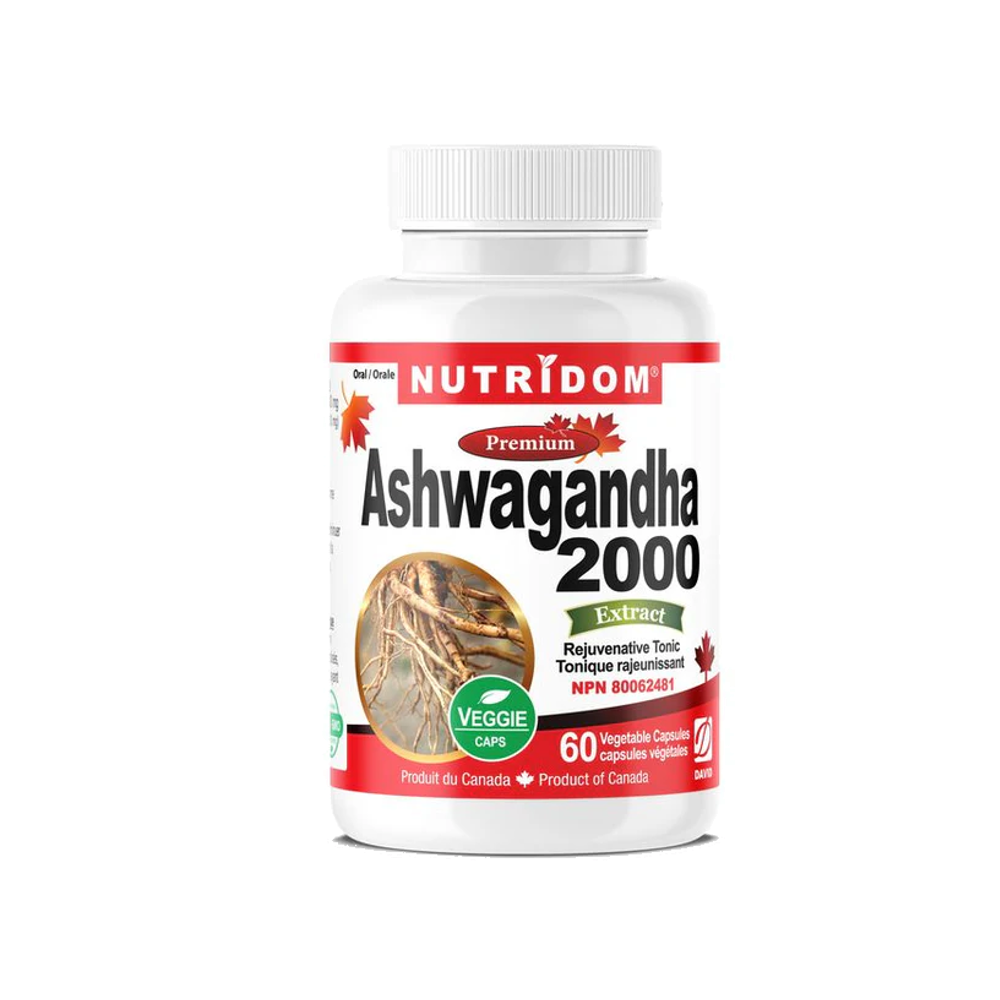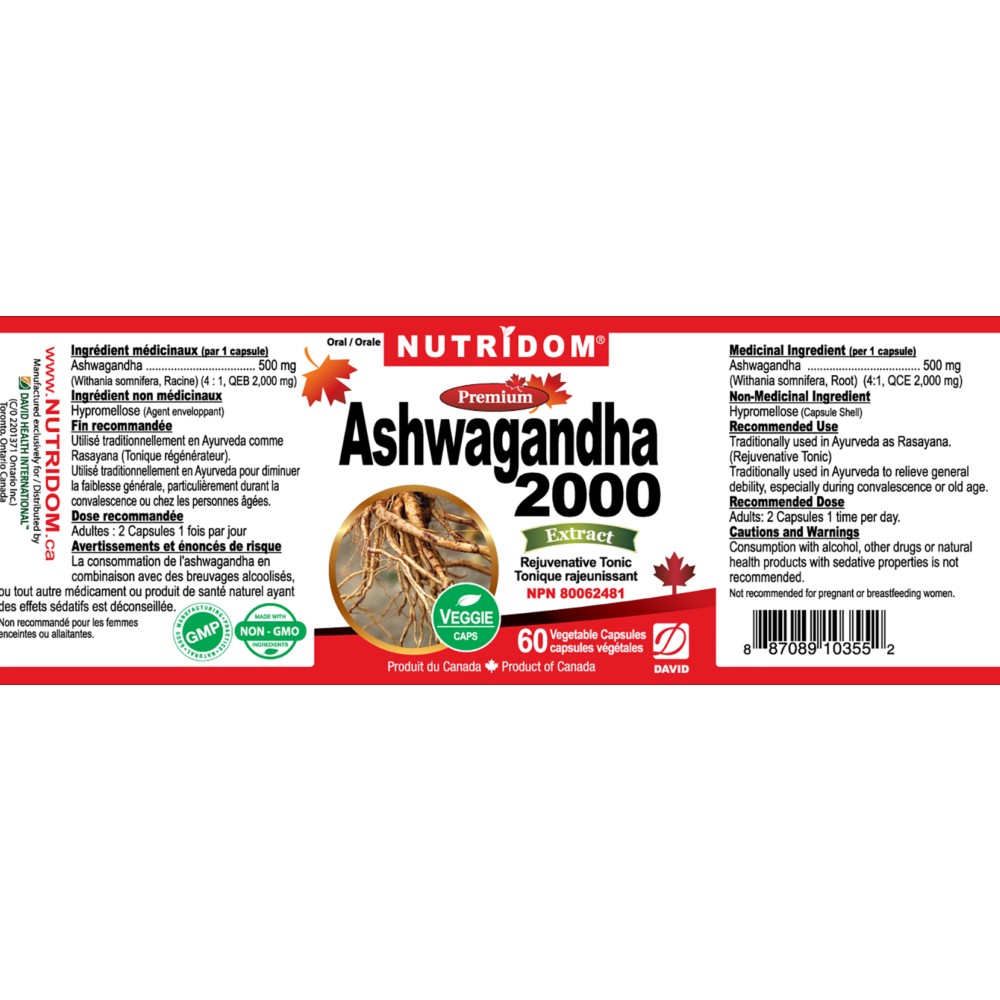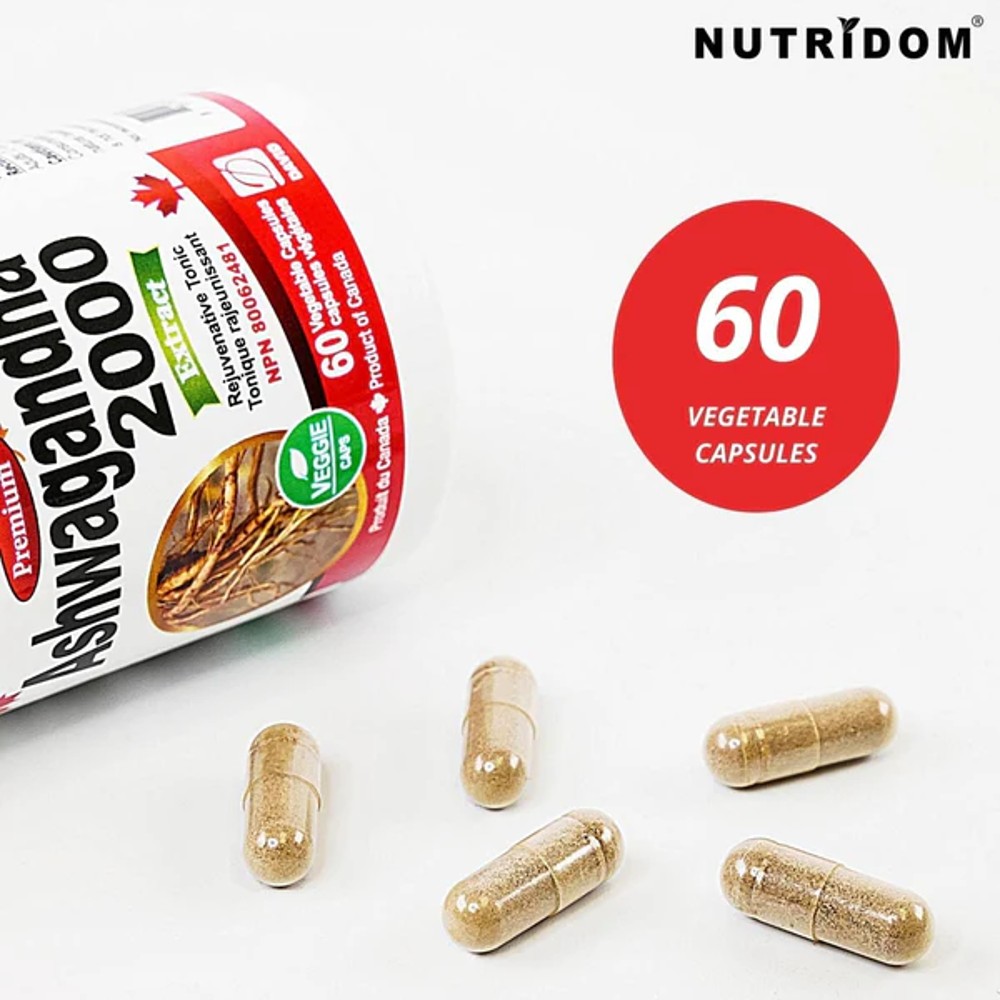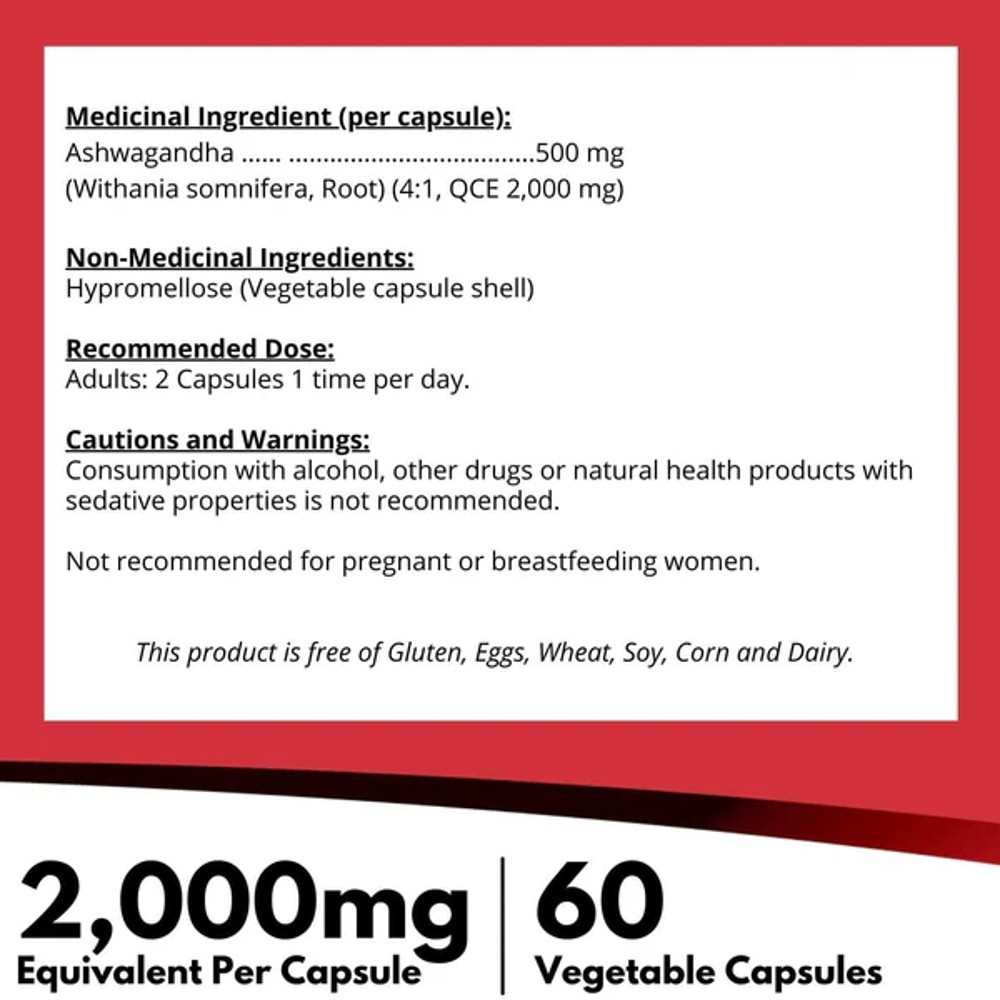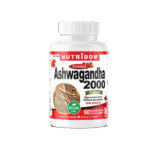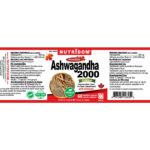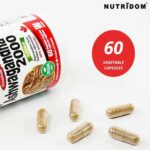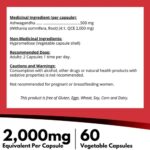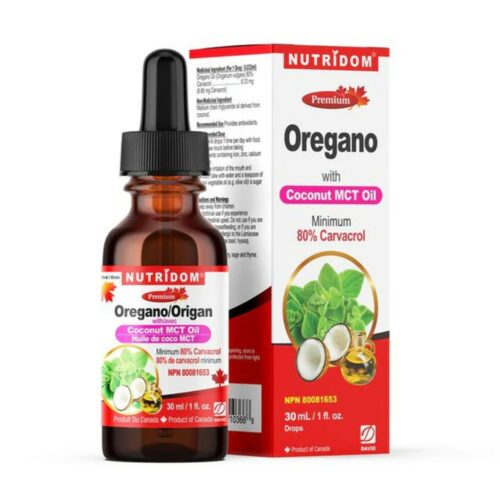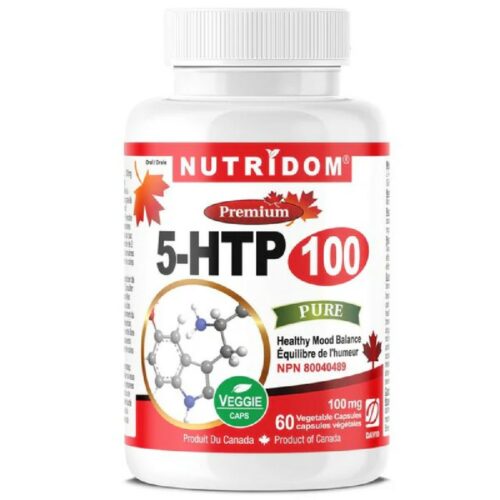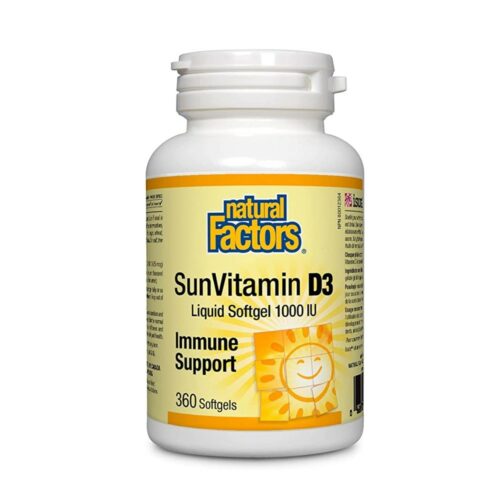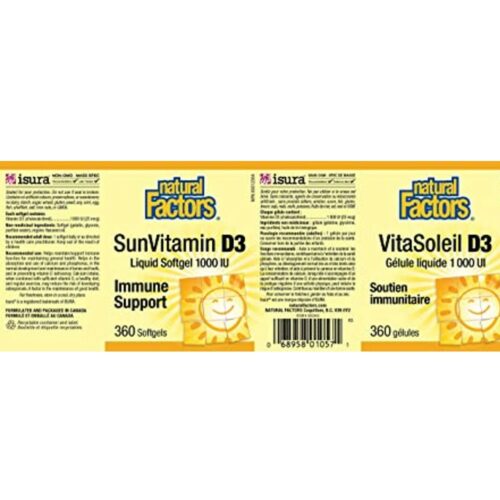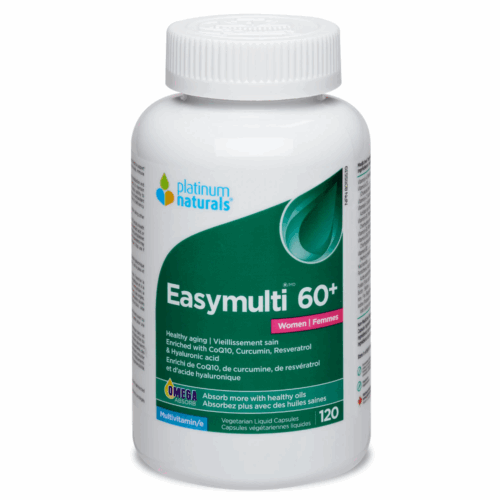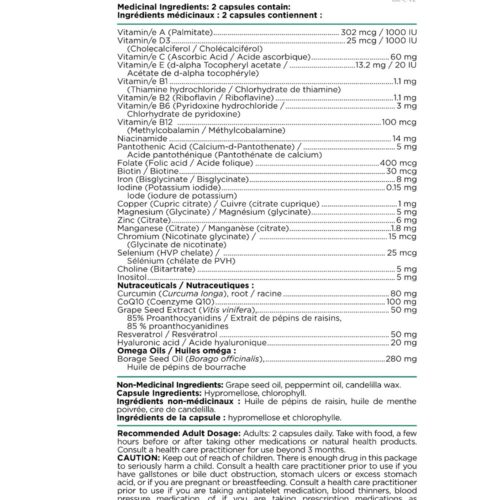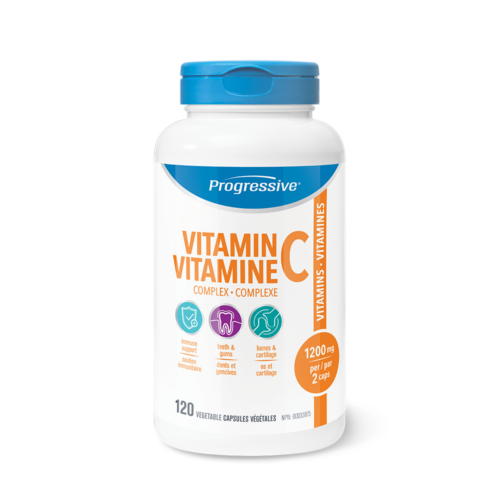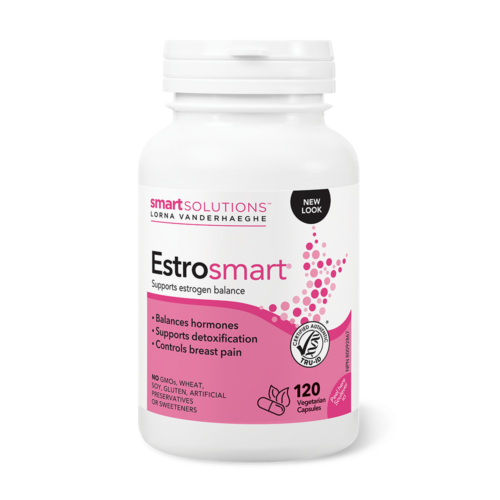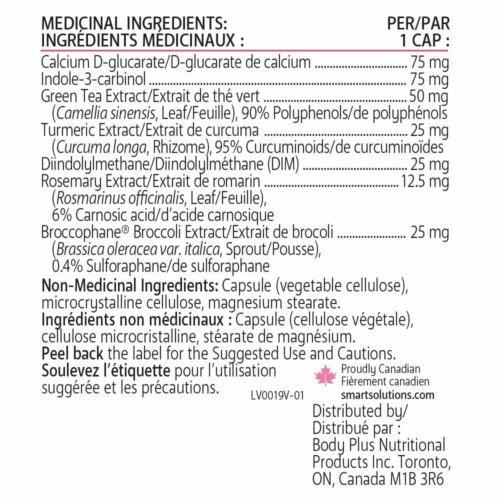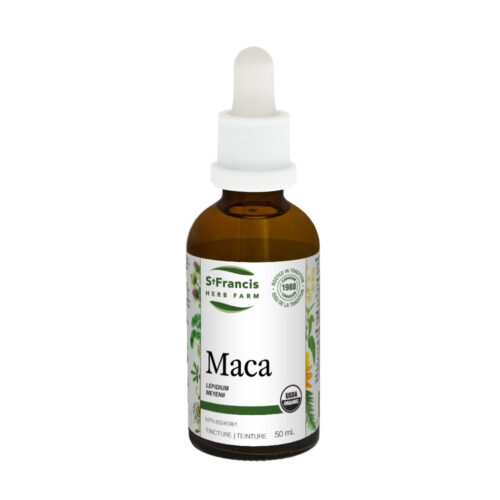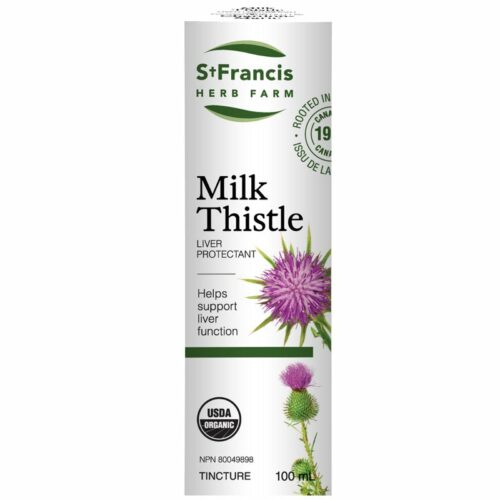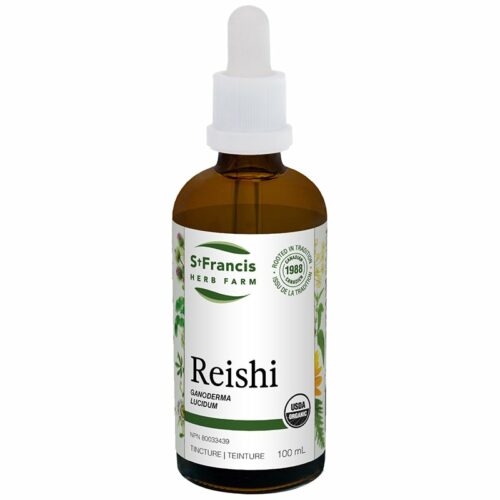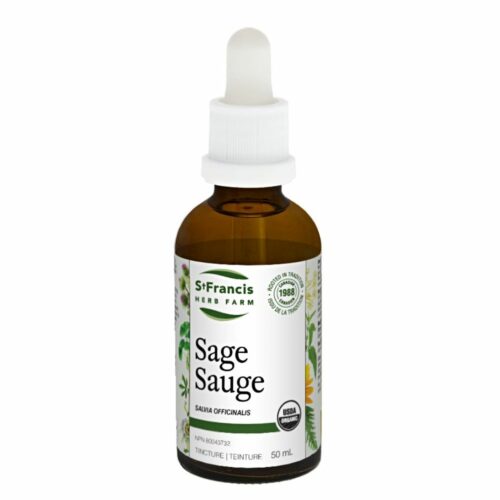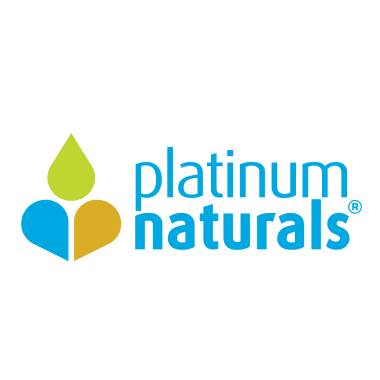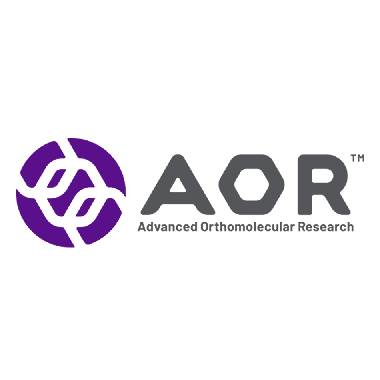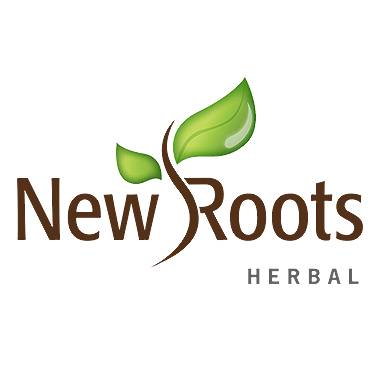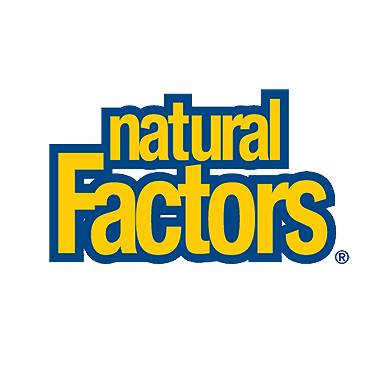– Powerful adaptogen
– 500mg extract per capsule
– Indian ginseng
– Rejuvenative tonic
– Memory enhancement
Ashwagandha, also known as Indian ginseng, has been used in Ayurvedic medicine for centuries, and has recently been the subject of many clinical trials with impressive results.
While it has been used as a general tonic to promote good health, in present society people take ahswagandha as an adaptogen. An adaptogen is a natural substance considered to help the body adapt to stress and reduce the adverse effect of stress on our body. The “stress” includes not only psychological stress from work or school, but also includes toxins from environment.
According to a study published in the Indian Journal of Psychological Medicine, compared to people taking placebo, those taking ashwagandha had a 28% lower cortisol level, a stress-hormone. Cortisol, a hormone produced in the adrenal gland, is the body’s natural process or response to cope with stress. Some level or incidents of cortisol spike is a normal biochemical process; however, chronic stress or poorly regulated cortisol level could have a dire impact. Having a very high level of cortisol could cause a number of unwanted symptoms, including weight gain, high blood pressure, and lowered immune function.
Ashwagandha contains many useful phytochemicals which attribute to this adaptogenic benefit. This includes withanolides (lactones), alkaloids, choline, fatty acids, and amino acids. Some of the withanolides are structurally similar to ginsenosides from ginseng. The withanolides and sitoindosides seem to cause a mobilization of macrophages, phagocytosis, and lysosomal enzymes.
REFERENCES
Mishra LC, Singh BB, Dagenais S. Scientific basis for the therapeutic use of Withania somnifera (ashwagandha): a review. Altern Med Rev 2000;5:334-46.
Chandrasekhar K, Kapoor J, Anishetty S. A prospective, randomized double-blind, placebo-controlled study of safety and efficacy of a high-concentration full-spectrum extract of ashwagandha root in reducing stress and anxiety in adults. Indian J Psychol Med 2012;34:255-62.


